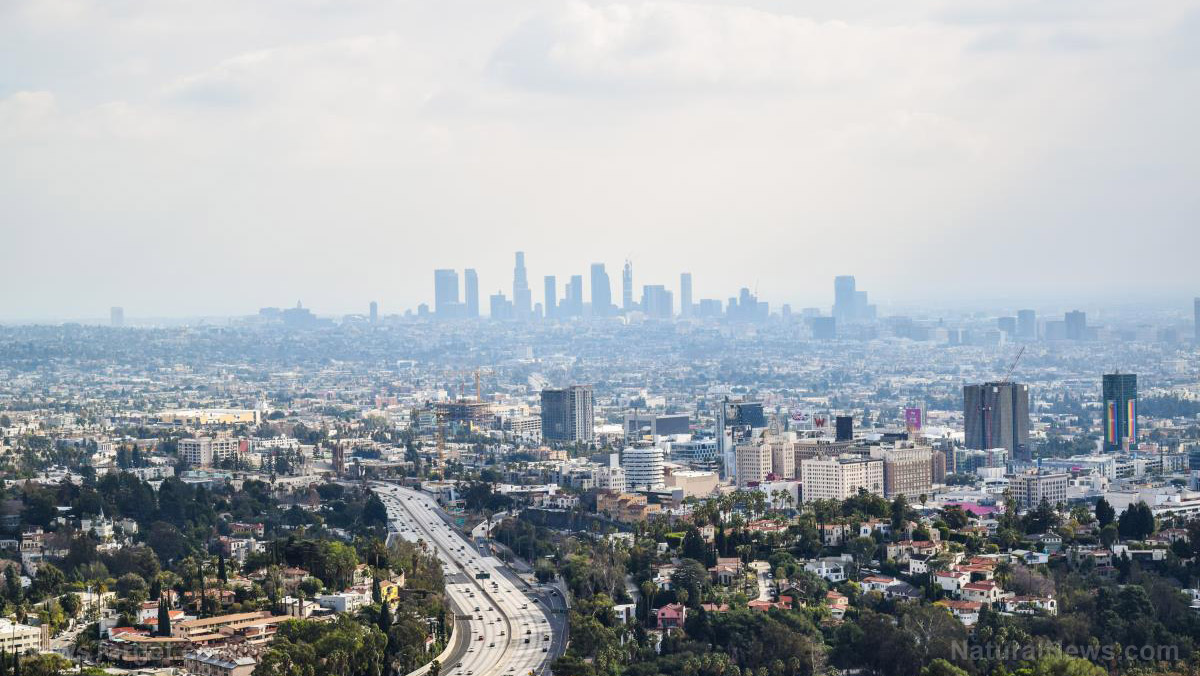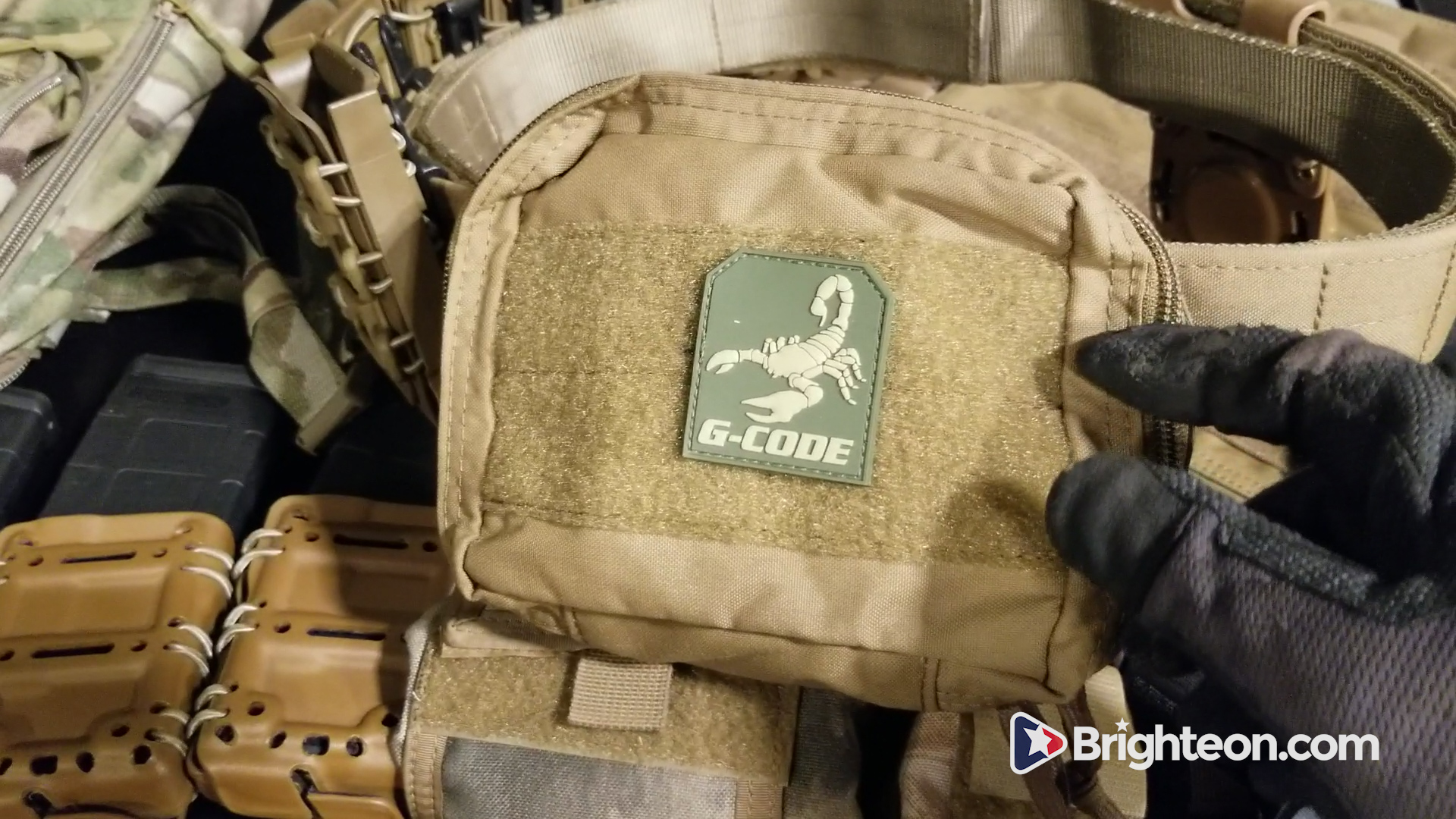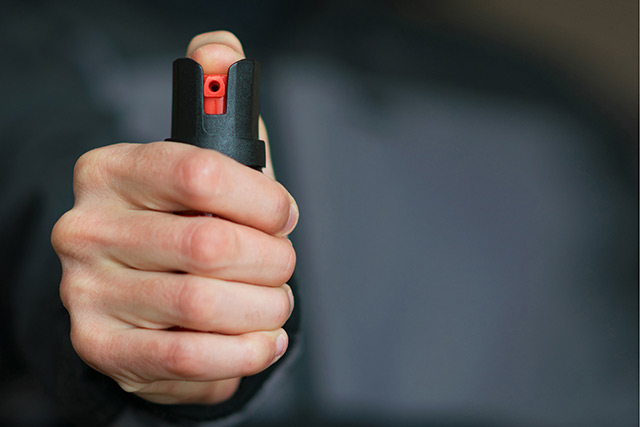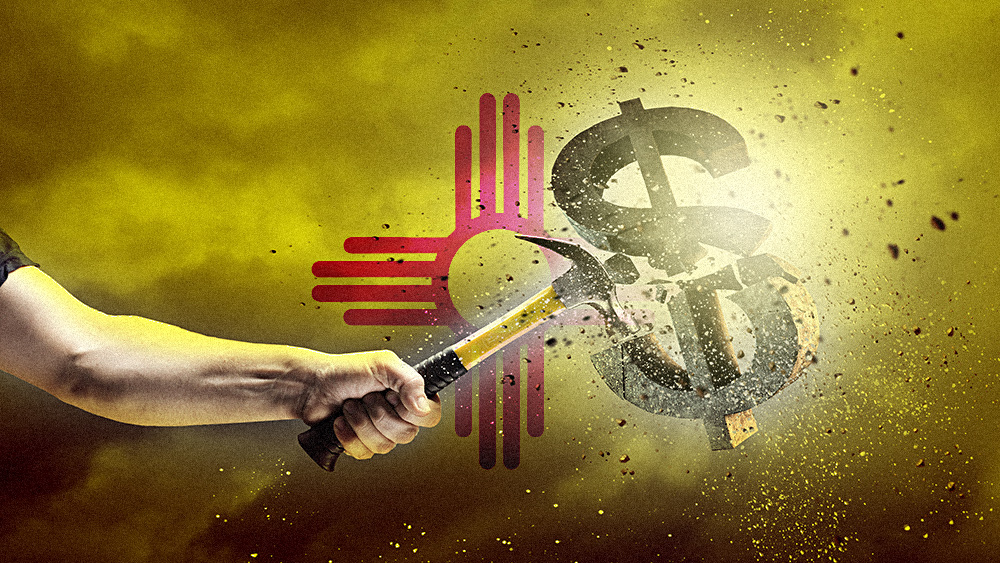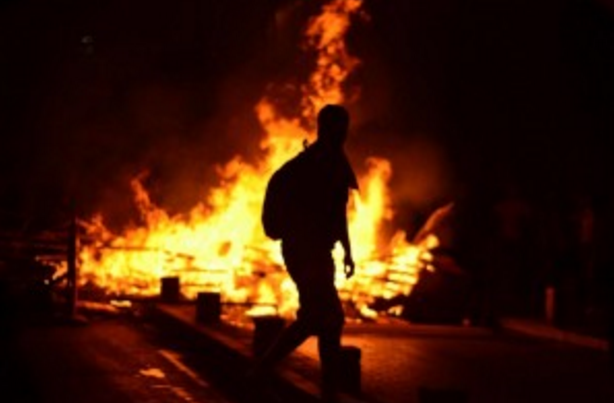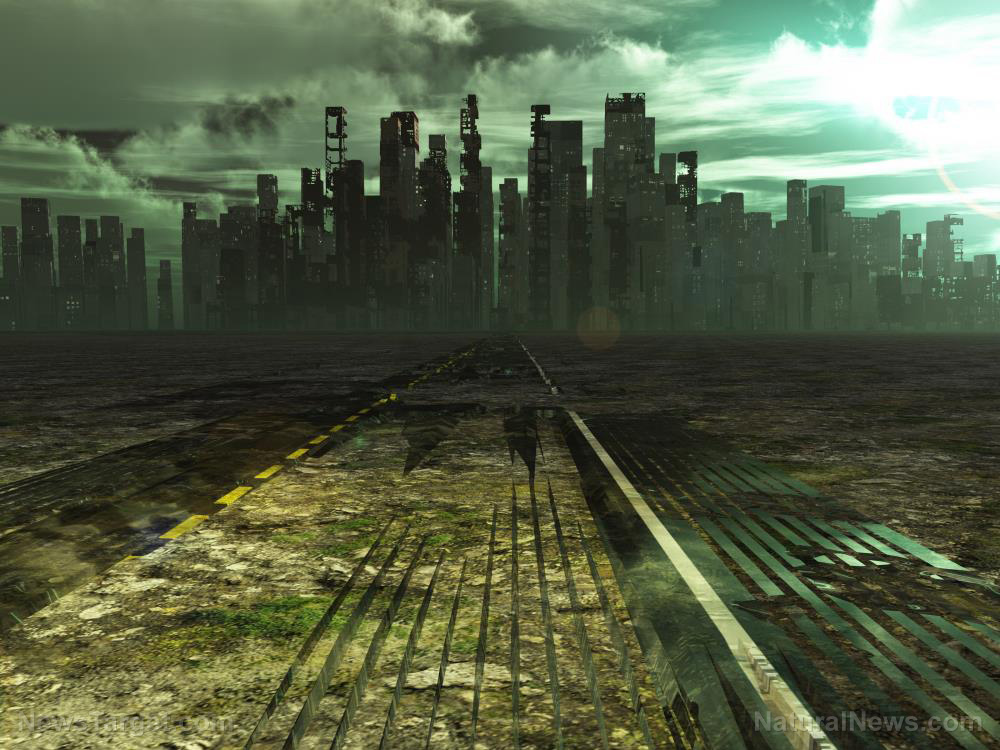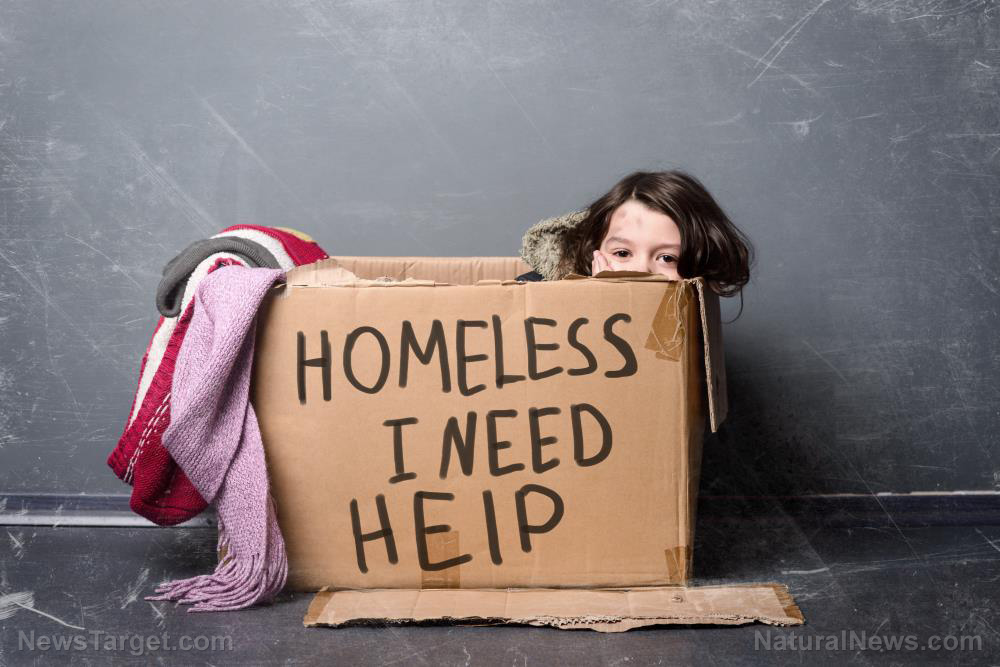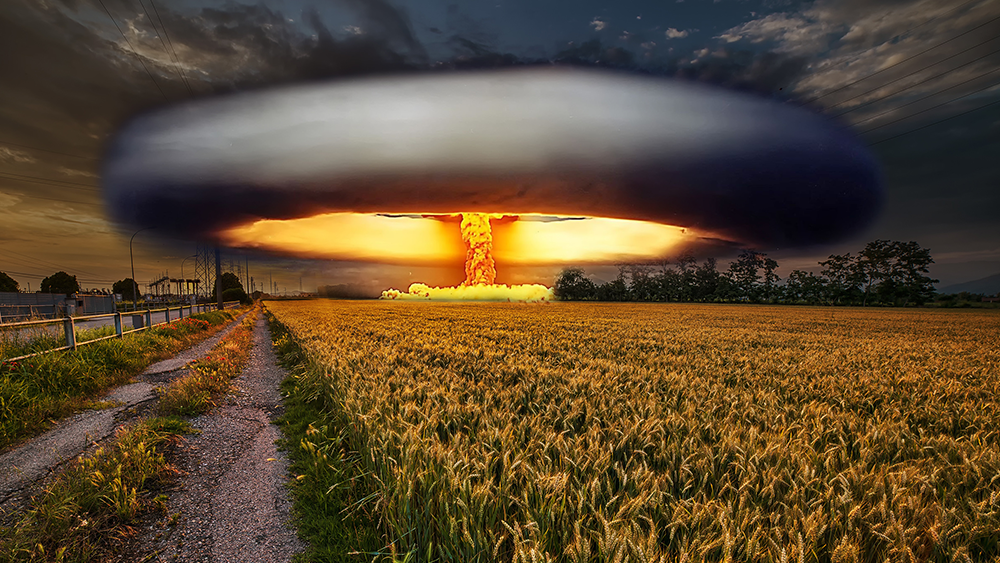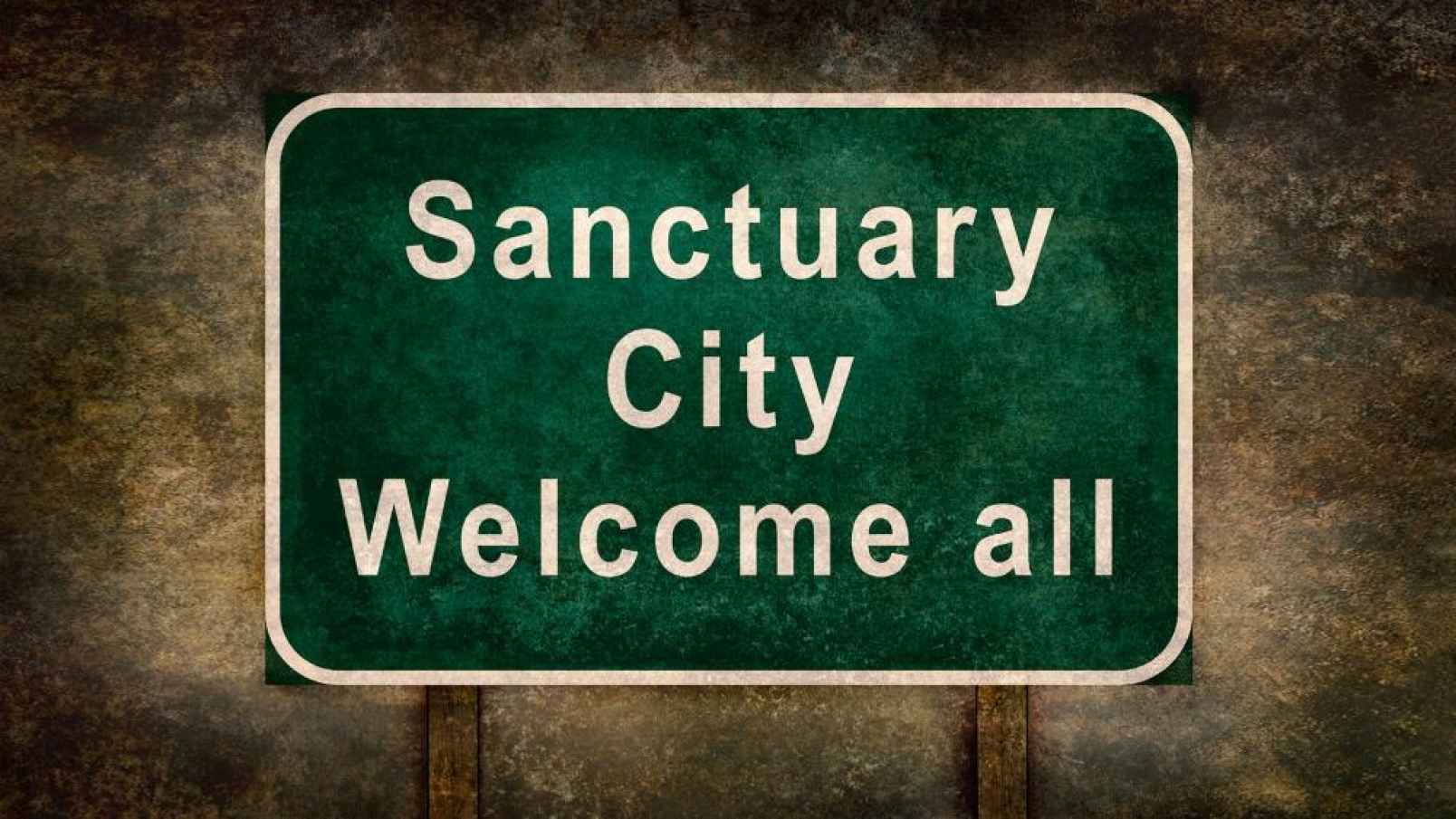Rebuilding after SHTF: 10 Things communities need to do after disaster strikes
06/04/2019 / By Mary Miller

Surviving a large-scale disaster is one thing, but rebuilding the broken remnants of society is an entirely different challenge. In the aftermath of a societal collapse, the path toward a functional society will require plenty of planning, discipline, logistics, and proper resource allocation – but if it is done right, you might end up with a self-sustaining community even better than the one that existed before SHTF. Rebuilding a society is a chance for change and improvement. Here are 10 things communities need to prioritize after a disaster. (h/t to RealitySurvival.com)
Establish a system of leadership
Without anyone to enforce some semblance of order, chaos can run rampant through the streets. Having proper leadership is invaluable during a crisis situation, but it isn’t as simple as having someone give out orders for others to follow. It requires putting someone in charge who can be accountable for their decisions, and has the best interests of the community at heart. This person should be someone other people can look up to and rely on.
Establish a volunteer militia
Your leader should then delegate tasks to willing and capable individuals. There should be a stable chain of command, where each person is assigned clear roles and duties. This volunteer militia should provide aid, help keep the peace, and return a semblance of order to the community.
Set up a makeshift clinic or doctor’s clinic
It is important to minimize casualties by tending to those who have been injured by the disaster. This prevents the spread of disease, while ensuring that people who are in need of medical assistance get immediate treatment.
Sponsored solution from the Health Ranger Store: Lab-verified Nascent Iodine solution is a dietary supplement that provides your body with supplemental iodine to help protect your thyroid during radiation exposure. Nuclear accidents such as Fukushima (or nuclear war) can expose your body to radioactive iodine-131, a dangerous radioisotope. Pre-loading your system with stable iodine occupies the iodine receptor sites on your organs, causing your body to naturally expel radioactive iodine you may have been exposed to through air, food, water or milk products. This defensive strategy is recommended by nearly all health authorities, worldwide, including the Nuclear Regulatory Commission. Discover more at this link.
Secure local infrastructure
Roadways, buildings, and other infrastructure should be inspected to ensure that they do not pose as safety hazards. If they do, they should be fixed immediately. The sooner they become operational, the quicker the path to recovery will be.
Form a system of education
Children will still need to learn, even when society is trying to rebuild itself. While formal school systems might be down, you can hold informal classes for the children to learn valuable survival skills. You can even bring back internships and apprenticeships.
Learn how to manufacture survival goods
Both children and adults can make themselves useful by learning how to make easy DIY survival goods, such as soap, candles, compost, or cleaning oil. (Related: A guide to rebuilding after TEOTWAWKI.)
Establish community gardens and greenhouses
Farming and gardening are crucial skills to have in order to secure an adequate food supply for the community. Getting everyone involved in caring for public gardens and greenhouses is a great way to ensure no one ever goes hungry.
Establish local markets
As the community greenhouses help to raise revenue, local markets can keep trade and commerce alive and well. Make sure the prices are fair and regulated, so that people do not take advantage of your newly formed markets.
Hold regular town and county meetings
Transparency is the key to building trust in a new society. Open communication with the people who will be affected by the rules is one of the best ways to guarantee that the laws are just and fair.
Document your plans in advance
Don’t wait for disasters to strike before making your plans to rebuild your community. Start writing down those plans and ideas now, and store the documents for future use. Having a carefully thought-out plan of action will always be better than improvising during an emergency. There is no better time than now to assess your current situation, and to find out what your community’s strengths and weaknesses are.
In case SHTF, prepare for the future re-establishment of your community by visiting Preparedness.news.
Sources include:
Tagged Under: bug out, chaos, Collapse, disaster, emergencies, homesteading, off grid, preparedness, prepper, prepping, rebuilding society, self sufficiency, self-reliance, SHTF, skilled labor, survival, survival skills, survivalist
RECENT NEWS & ARTICLES
COPYRIGHT © 2017 COLLAPSE.NEWS
All content posted on this site is protected under Free Speech. Collapse.news is not responsible for content written by contributing authors. The information on this site is provided for educational and entertainment purposes only. It is not intended as a substitute for professional advice of any kind. Collapse.news assumes no responsibility for the use or misuse of this material. All trademarks, registered trademarks and service marks mentioned on this site are the property of their respective owners.


